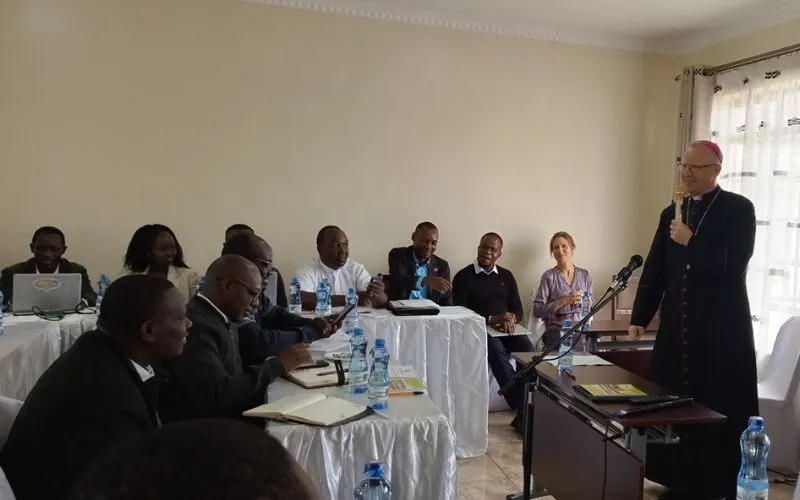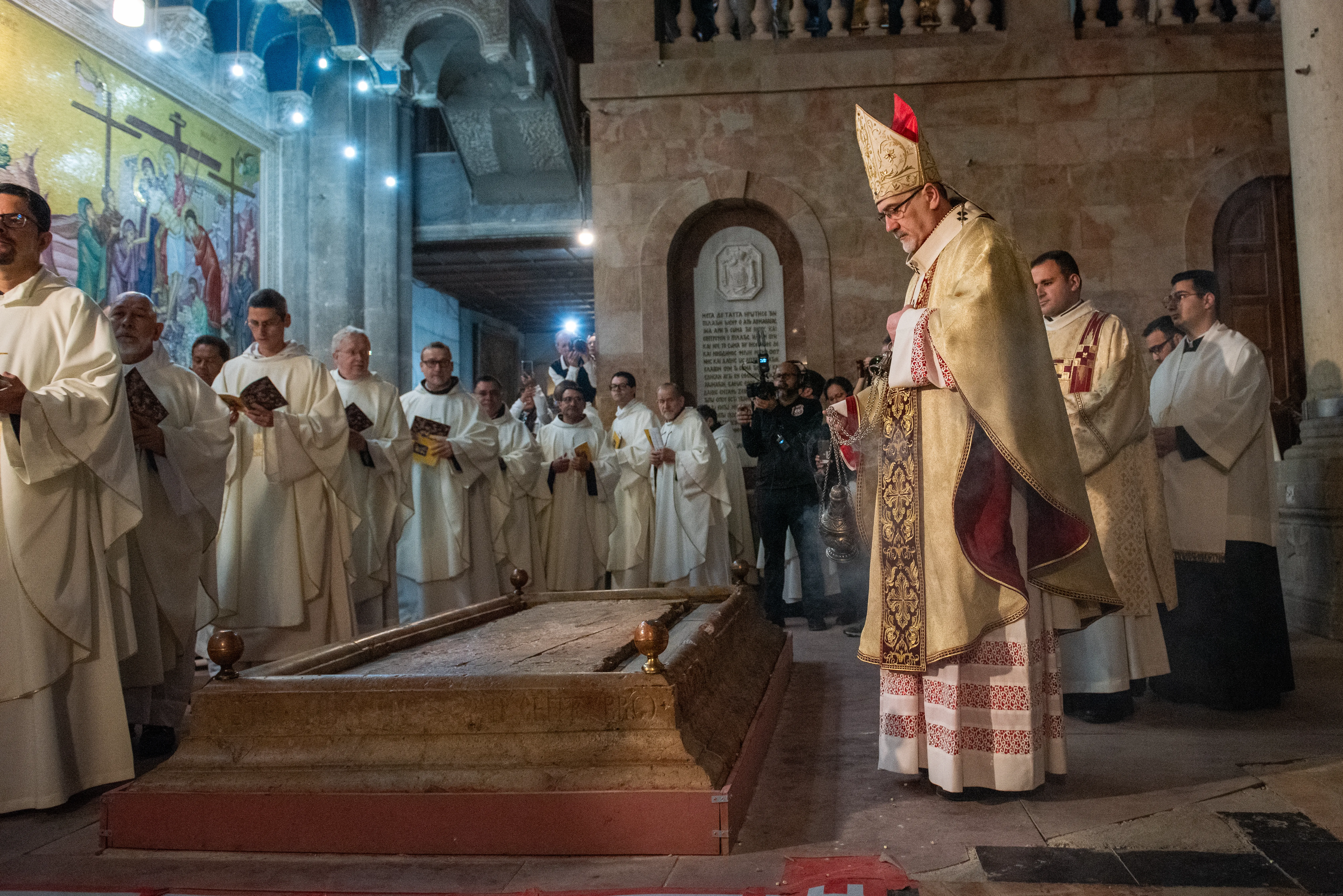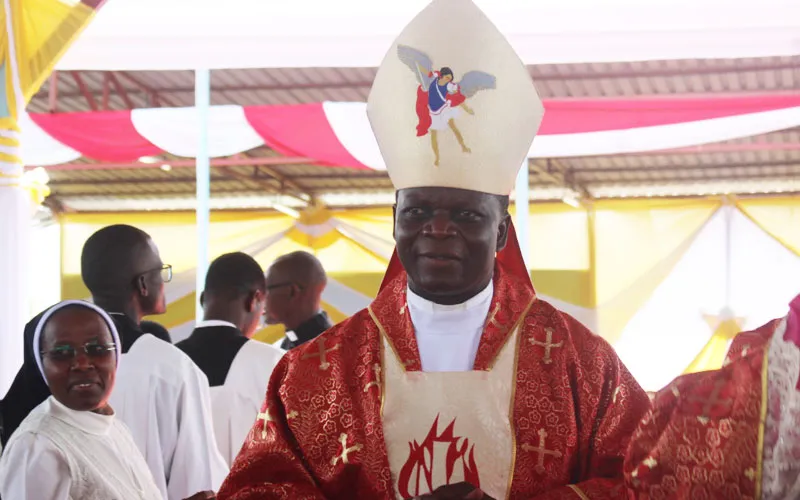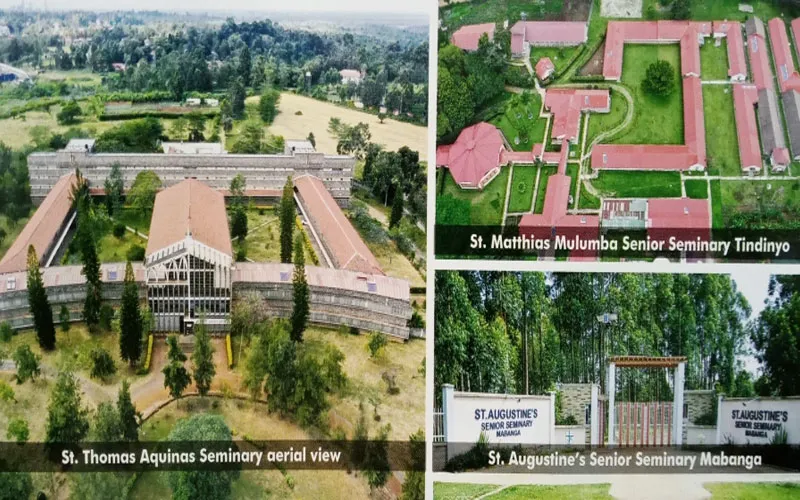Nairobi, 24 April, 2024 / 11:28 am (ACI Africa).
For environmental reporting to be impactful, communicators must rediscover the beauty of nature and bring it out in their work, participants at a workshop for Catholic journalists in Kenya have been told.
In his keynote address at the five-day workshop that ends on Friday, April 26, Archbishop Anthony Muheria who was recently appointed Vice Chairman of the Kenya Conference of Catholic Bishops (KCCB) urged Catholic communicators to learn from The Canticle of the Creatures, a powerful poem by St. Francis that he said brings out the beauty of God’s creation.
The canticle, Archbishop Muheria said, has become a cornerstone for the Franciscan spirituality that he said “mirrors God’s nature in creation.”
The Archbishop of Kenya’s Nyeri Archdiocese who previously served as chairman of KCCB’s Commission for Social Communications noted that St. Francis’ canticle is not just a hymn of praise but “a recognition of how we can find God in nature.”
“I ask myself why St. Francis had to write a poem. Wouldn’t it have sufficed to just write a thesis that solidly explains nature theologically. This tells us as communicators that sometimes the most effective way of communicating is rediscovering the beauty, the aesthetics of nature. We must sensitize people to use aesthetics such as music as our communicated media,” Archbishop Muheria said.







